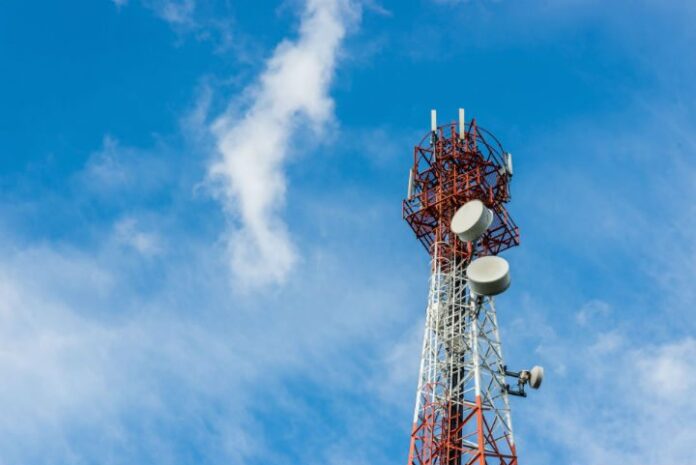The Federal Reserve’s recent decision to leave interest rates unchanged – for now – is a good one for the wireless tower industry.
A capital-intensive industry, the three major tower companies earn most of their revenue by leasing out space on communications towers they own or control, so there’s no doubt that the industry is sensitive to fluctuations in interest rates.
In general, access to inexpensive debt should allow tower companies to continue to secure new credit facilities and debt issuances, allowing tower owners to pursue growth through organic development and acquisitions, Alliance Affiliated Equities noted.
But the industry is not completely out of the woods yet, considering the Fed’s warnings that it still may raise interest rates this year.
And according to industry analysts, certain tower companies are more affected than others when interest rates do, or don’t, climb.
In August, Morningstar Analyst Michael Hodel wrote in a report that rising interest rates could present a problem for SBA Communications in particular.
“The firm is the most highly leveraged of the three tower companies, and it also faces relatively steep near-term debt maturities. Refinancing at higher rates would likely pressure cash flow growth,” Hodel wrote. “Higher interest rates could also cause investors to demand a higher yield for holding SBA shares, pushing its stock price lower.”
Meanwhile, Michael Bowen, Pacific Crest Securities senior research analyst, believes Crown Castle International and American Tower are the least affected by interest rate changes due to their “lower net debt-to-earnings before interest, taxes, depreciation and amortization leverage ratios.”
“Rising interest rates and tower fears need not go hand in hand,” he wrote in a June report cited by Barron’s.
In general, with or without rising interest rates, Hodel is bullish on the industry as a whole.
In a recent report, he described the business model as “fantastic” while acknowledging that interest rate sensitivity could hurt.
“The wireless tower industry provides access to fantastic cash flow and exposure to exploding wireless data demand,” Hodel said. “Long-term contracts and, more critically, high switching costs provide a narrow economic moat despite heavy customer concentration.”

